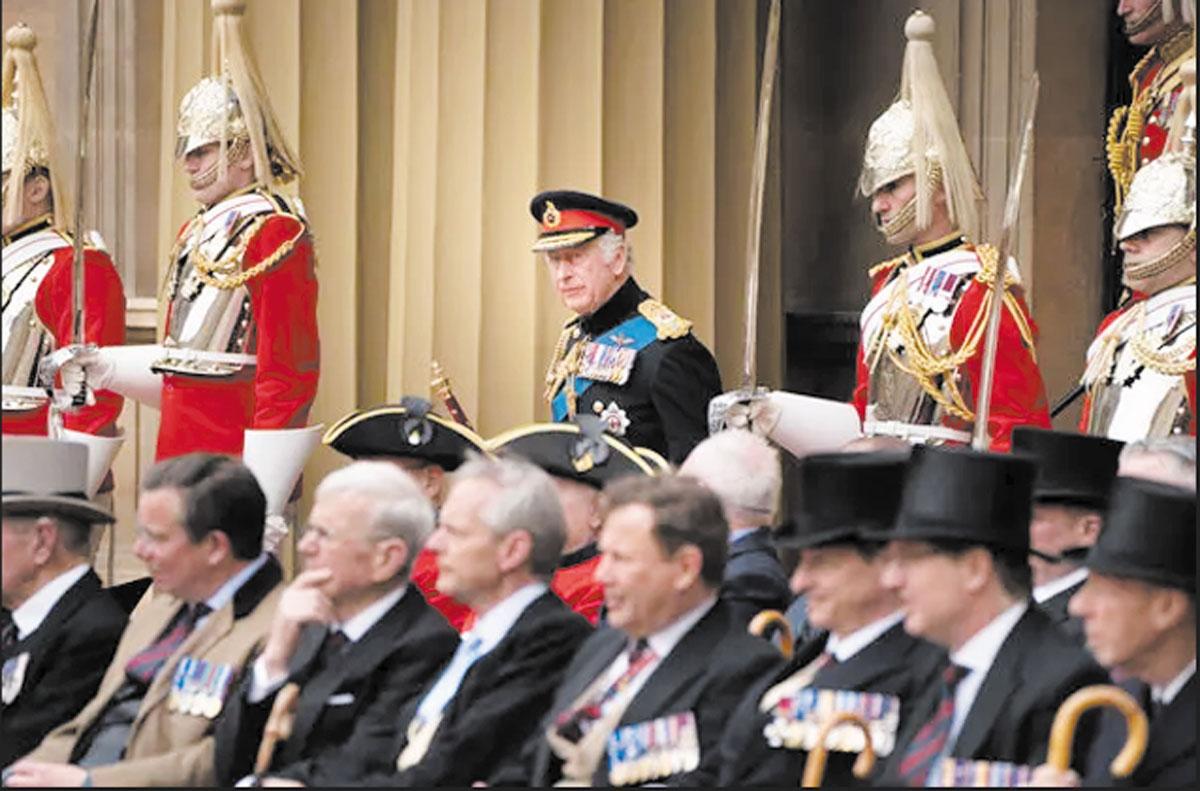Africa-Press – Mauritius. It is undeniable that billions of people worldwide, who are culturally and politically removed from the audience of the 1950s, will see for the first time the coronation of a British king after 70 years.
On May 6, Britain is going to revel in a ritual unlike anything seen anywhere else in the world and, thanks to modern means of communication, millions will get to watch the coronation ceremony of King Charles III in Westminster Abbey.
Unlike liberal theories of sovereignty that characterize modern states, the British idea of sovereignty, with no constitutional founding moment, has rested on an older, pre-ideological, idea of nationhood, defined sacramentally as a covenant between the governor and the governed.
The common law is in principle and essence customary and pre-political. British monarchs are given the appearance of supreme worldly authority, embodied by orb, sceptre and crown, and yet in the same ceremony swear solemn oaths to rule their subjects according to their respective laws and customs.
In this organic model of law and authority, rights are recognised rather than invented. Despite the Civil War and the transition in Royal Houses, and contrary to the European continent, Britain did not adopt absolute monarchy nor a pared-down constitutional monarchy.
It remained a medieval constitution that survived into modernity by adapting itself to the age of popular democracy through the gradual raising of the power and primacy of the Commons.
Unlike the constitutional monarchies in Scandinavia, Belgium and the Netherlands that are popularly lauded as alternative models, British monarchs do not meekly make oaths before parliament to uphold the constitution, they do not leave their crowns resting politely on cushions. They are anointed as God’s regent on earth in a ceremony whose roots stretch back to the kings of the Old Testament.
The Christian background
Ever since St Dunstan created the service for King Edgar, the King is vested almost as a priest, given an orb symbolizing the power of Christ over the whole globe, crowned with a golden crown surmounted by a cross, and anointed.
It bears similarity with the French form of coronation, with the monarch wearing priestly garments, and being anointed with the same oil used to consecrate bishops.
Both had tense relations with the papacy, with the sacred authority of the monarch used to assert control over the appointment of bishops and the governance of the Church of England.
The chief difference is that the English coronation combines anointing and the oath of the sovereign to their subjects. The anointment ceremony is the one part of the service the public will not be allowed to view, even in an age when nothing can be hidden from the intrusion of cameras.
In the first series of ‘The Crown’, George VI pointed out the importance of the anointing ceremony: ‘You have to anoint me. Otherwise, I can’t be king.
. When the holy oil touches me, I am transformed ; brought into direct contact with the Divine ; forever changed ; bound to God. . . ’ Monarchs are vested with power, and power that flows from a specifically Christian concept of authority.
Words with strong biblical allusions are used when the bishops present the King with a sword, and as the sceptre (which represents the sovereign’s spiritual role) with the dove representing the Holy Ghost is placed in his hands.
For More News And Analysis About Mauritius Follow Africa-Press







